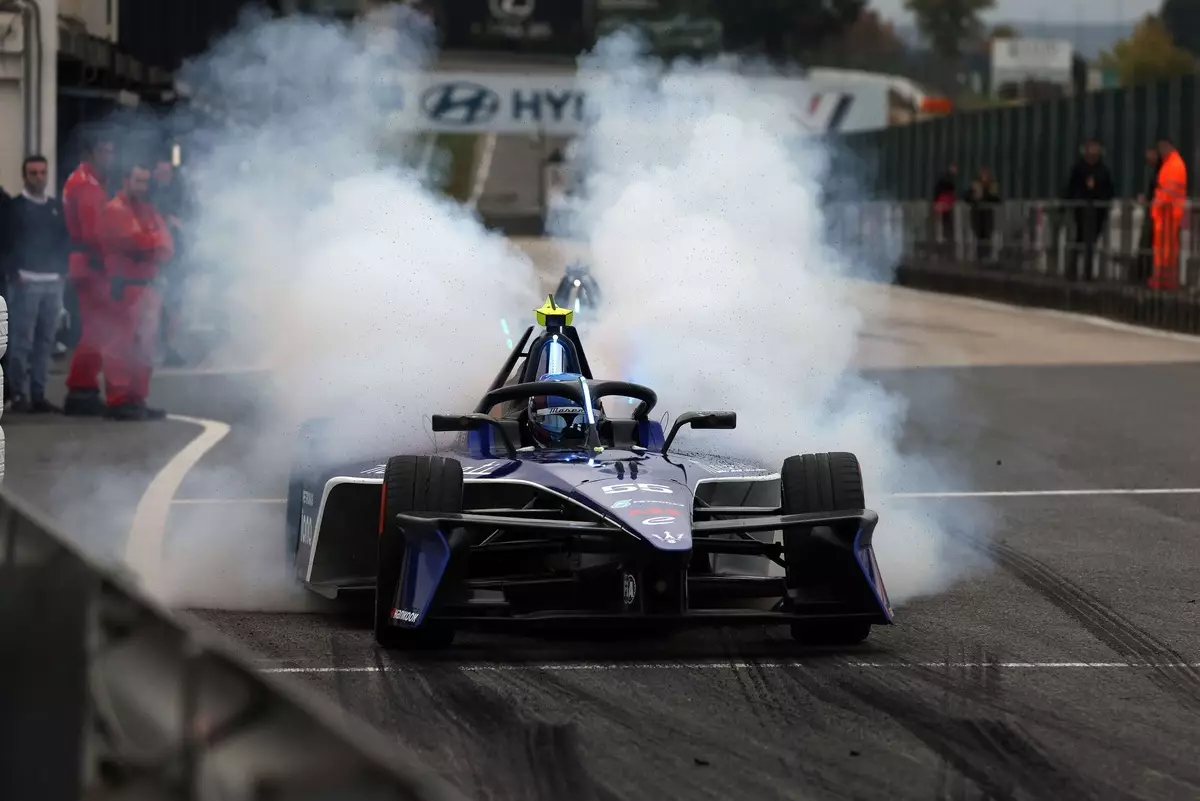Maserati’s Commitment to Formula E A New Era in Electric Racing
When you think of Maserati, images of sleek, luxurious cars cruising through picturesque Italian landscapes might come to mind. But now, the iconic brand is revving up for something new and exciting. Maserati has set its sights on the future of motorsport by diving into the world of Formula E with a commitment that speaks volumes about their dedication to sustainability. This shift marks a fascinating journey from their illustrious racing past to a visionary future.
It’s always thrilling when a brand with such a rich history decides to venture into uncharted territory. For Maserati, this move is more than just a strategic decision; it feels like a step towards embracing change while honoring tradition. As someone who grew up hearing tales of Maserati’s legendary races, the news of their participation in Formula E fills me with anticipation. It’s like watching an old friend embark on a new adventure, and I can’t wait to see where this path will lead them.
As we delve into the details of Maserati’s involvement in Formula E, it’s hard not to get swept up in the excitement of what lies ahead. From technological innovations to competitive racing strategies, there’s so much to explore and understand. Join me as we unpack Maserati’s journey into electric racing and discover why this commitment could redefine their legacy in the world of motorsport.
Key Takeaways
- Maserati is committed to Formula E’s Gen4 regulations until 2030, showcasing their dedication to sustainable racing.
- The partnership with Stellantis highlights the transfer of technology from track to road vehicles.
- Maserati aims to build on initial successes, leveraging technological advancements for future improvements.
The Journey Begins
Maserati’s entry into Formula E began at the start of the 2023 season, marking a significant pivot from their historical roots with Venturi Racing. This transition signifies more than just a change in teams; it represents Maserati’s renewed focus on single-seater competition after decades away. The last time they were in such an arena was back in 1957 when they clinched the Formula 1 drivers’ championship with legends like Juan Manuel Fangio. Now, they’re back, and they’re fully charged for what promises to be an electrifying ride.

Competing in Formula E hasn’t been without its moments of glory for Maserati MSG. Two standout victories in Jakarta and Tokyo have showcased not only Maximilian Guenther’s talent but also Maserati’s growing prowess in electric vehicle racing. These wins are crucial as they highlight how quickly the team is adapting to this new racing format. It also sets a solid foundation for future seasons where expectations are high for continued success and innovation on the track.
Collaboration with Stellantis
A key component of Maserati’s Formula E strategy is their collaboration with Stellantis, which provides the powertrain for their racing vehicles. This partnership underscores an important link between competitive racing and mainstream automotive technology. By leveraging track innovations, Maserati can influence developments in consumer electric vehicles, bridging the gap between performance and sustainability. According to Maserati CEO Santo Ficili, this endeavor enriches their understanding of electric mobility—a critical step as they aim to align with environmentally responsible trends.
The bonds formed between track performance and road-relevant technology are mutually beneficial, offering insights that could accelerate Maserati’s road vehicle innovations. It’s exciting to consider how these advancements might translate into everyday driving experiences for consumers who value both luxury and sustainability. With Stellantis as a partner, Maserati is well-positioned to push boundaries while maintaining their signature style and performance standards.
Industry-Wide Commitment
Maserati isn’t alone in its commitment to Formula E’s Gen4 regulations; other major automotive manufacturers like Nissan, Jaguar, and Porsche are also embracing this sustainable shift. This collective movement reflects an industry-wide pivot towards more eco-friendly racing practices and automotive technologies. Jeff Dodds, CEO of Formula E, emphasizes that manufacturers like Maserati play a crucial role in ensuring the championship remains relevant and technologically advanced amidst evolving demands.

However, challenges remain as not all manufacturers have declared their commitment yet—Mahindra being one notable exception. This situation suggests potential shifts in competitiveness within the field as teams strive to adapt and excel under new regulations. The evolving landscape presents both opportunities and hurdles that teams must navigate carefully if they wish [CONTINUE FROM HERE]
Maserati
Formula E
Electric Racing
Sustainability


Leave a Reply